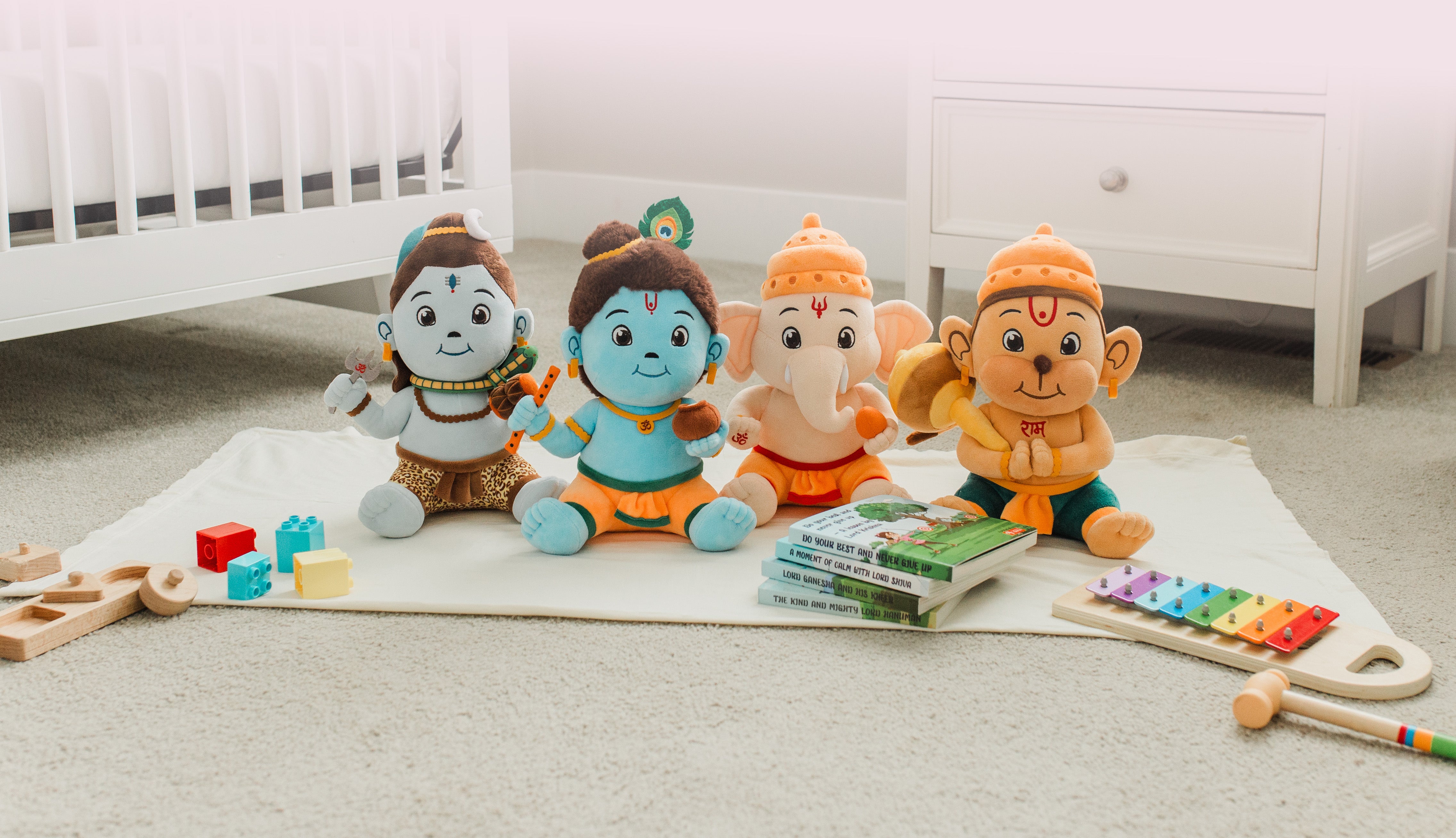The significance of Diyas
Millions of Hindus light diyas each year to celebrate auspicious occasions. In 2024, the city of Ayodhia set a new Guinness record by lighting over 2.5 million diyas for Diwali. The number surpassed its 2023 record of lighting 2.2 million diyas
But what do Diyas represent?
Symbolism
Many of you already know that Diyas symbolize the victory of light over darkness. But it also had other symbolism associated with it. The flame represents the soul (atmaan) and its connection to the divine (Brahman), emphasizing the eternal nature of the spirit.
Five Elements Connection
Diya connects five elements together
- Earth (clay)
- Water (oil)
- Fire (flame)
- Air (oxygen)
- Space (its placement)
Symbol of Divine Presence
Diyas were originally lit to guide Lord Rama back to Ayodhia. Today, lighting diyas serve as a symbolic gesture to invite divine presence into temples and homes. The flickering flame is believed to embody the divine energy that fills and sanctifies the space.
The Universal Symbol of Light
Every religion emphasized the importance of light as a force that removes darkness and brings hope. Similarly, the diya is not just a symbol of Diwali but a reminder to dispel negativity and darkness around us.
Each diya we light connects us to the divine and to the timeless truth that
Even the smallest spark can banish the deepest shadows
By - Cuddly Gurus - Celebrating and honoring great Hindu Icons
|
Cuddly Gurus is committed to creating Hindu plush toys that capture the beauty and essence of the Great Icons. Love and care are poured into each detail of the Hindu cultural toys we create, whether it be the blended feather of Kindhearted Krishna, or the folded hands of Humble Hanuman expressing his deep humility. Hindu storybooks accompany each of these perfect plushies, bringing to life the good values of humility, calmness, and believing in yourself. We invite you to look at our full range of mantra singing Indian plush toys including Great Ganesha, Serene Shiva, Humble Hanuman, and Kindhearted Krishna, and be prepared that your child may not want to put it down! |

